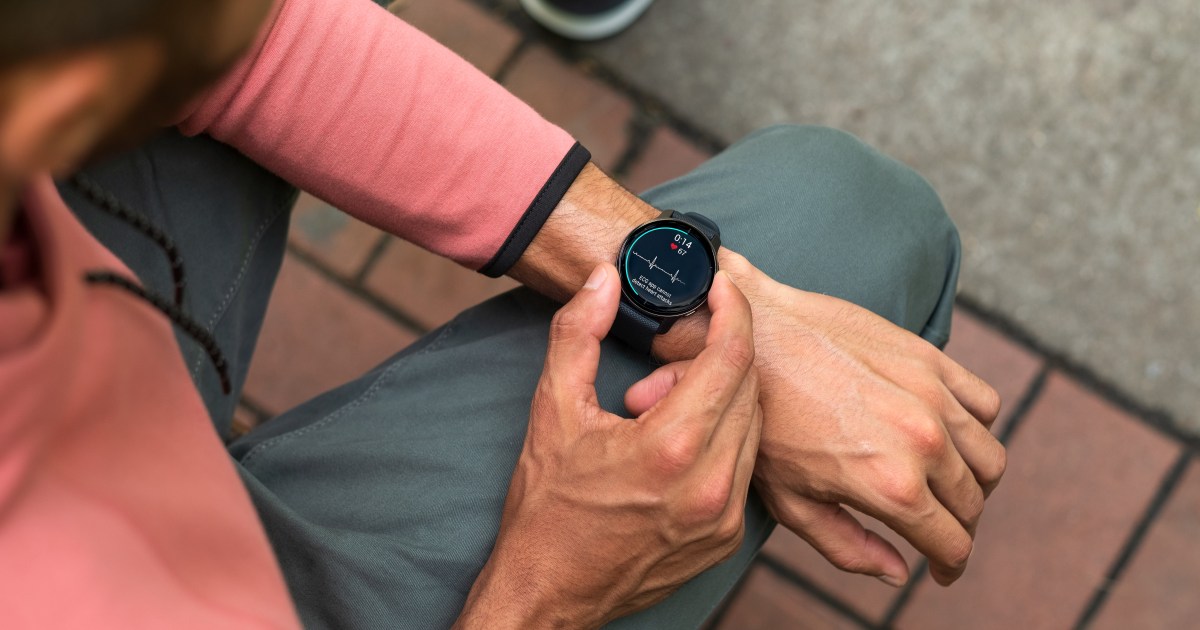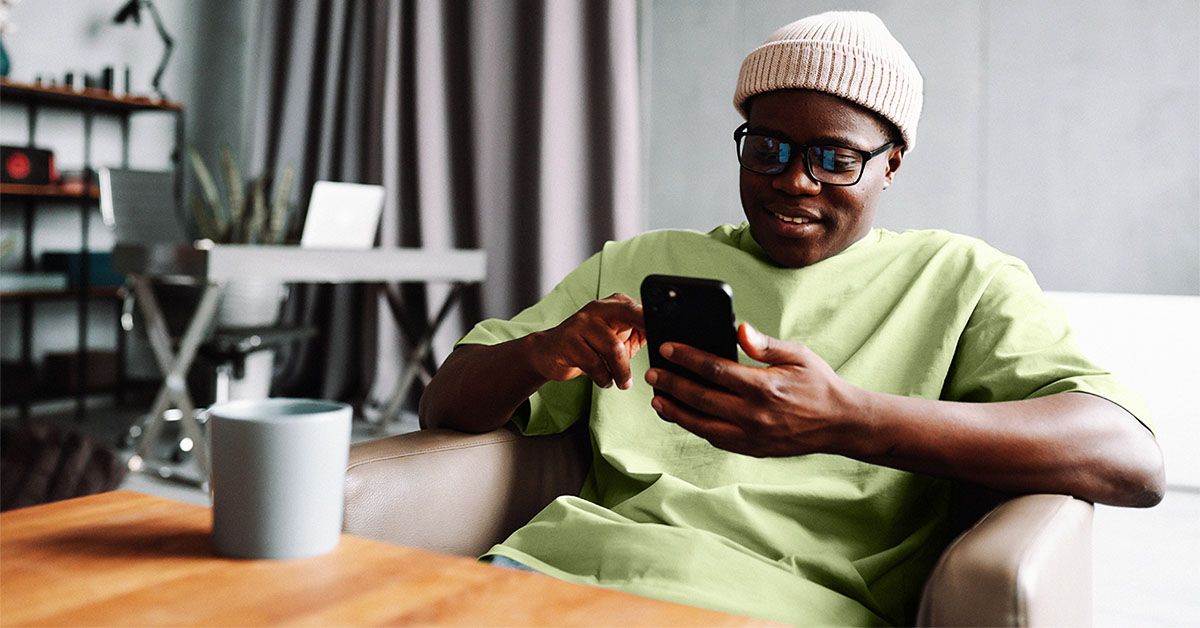Mobile Health Apps Not So User-Friendly for Seniors

The rapid proliferation of mobile apps for health could hit a wall not usually associated with smart phones – they may be too hard to use by the patients that need them most. In a paper slated for presentation at the Human Factors and Ergonomics Society annual meeting (Oct 22-25, Boston), researchers Laura A. Whitlock and Anne Collins McLaughlin of North Carolina State University warned that self-monitoring apps for diabetics are often not user-friendly for older patients. Given that 27 percent of Americans 65 or older have diabetes—a total of almost 11 million seniors in 2011—ease-of-use by the elderly is a critical design issue.
Whitlock and McLaughlin studied three apps for tracking blood sugar levels, all carrying user ratings of at least four out of five stars from the Apple store. They found that each product “may present a number of challenges for older adults.” Among the potential design flaws were pages with small text and poor color contrast, thin lines linking data points, scrolling wheels that obscure the page view and a font size that decreases when the length of the text exceeds one line. Adults with poor vision, memory limitations, or declining motor skills are especially likely to encounter usability problems, the researchers warned.
Mobile apps may be most typically associated with the young, but Whitlock and McLaughlin task designers with remembering that it is the elderly who may most benefit from health apps. Mobile health has the potential to transform many aspects of health care, but only if usability is given as much thought as capabilities.
link






